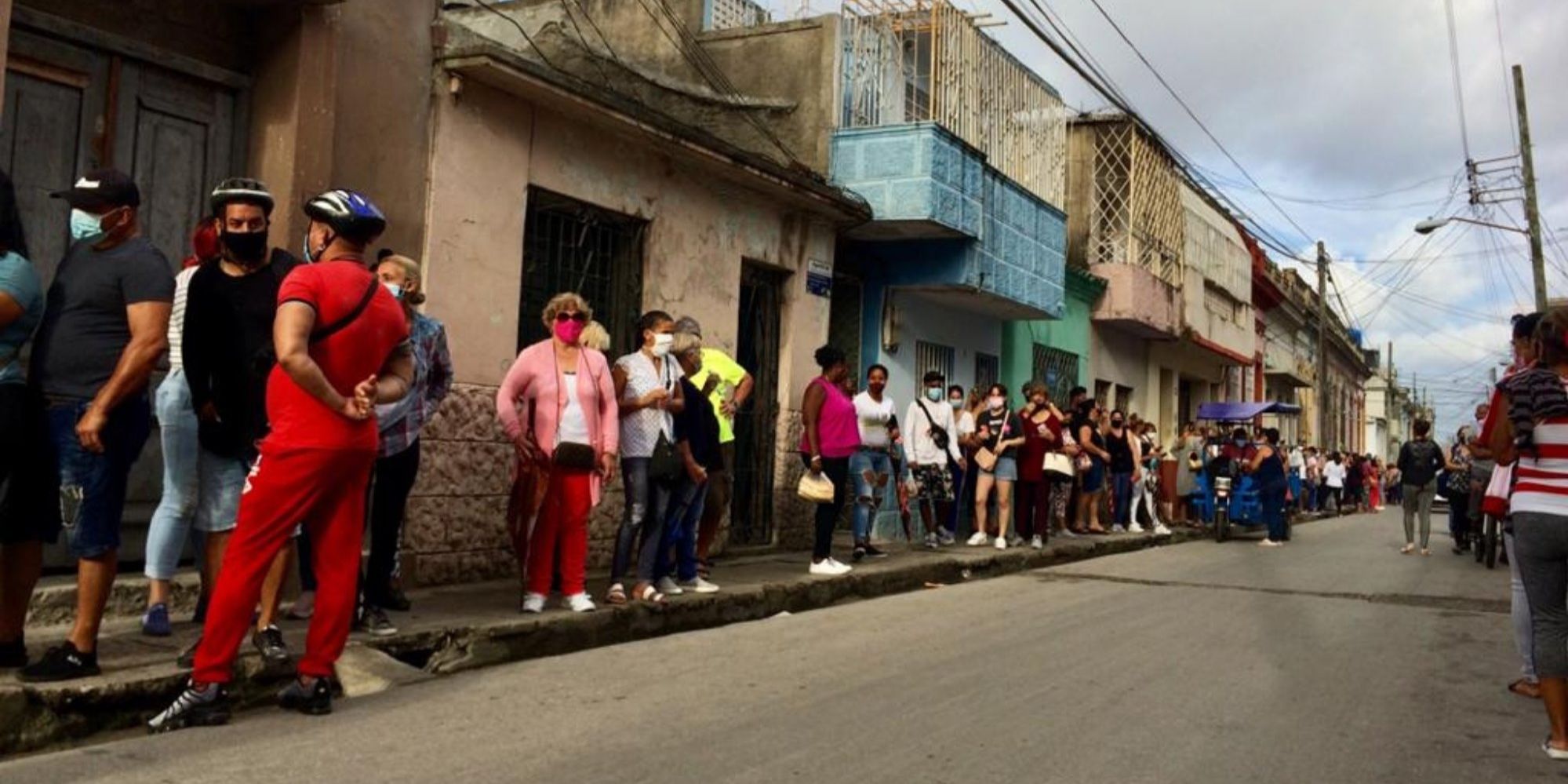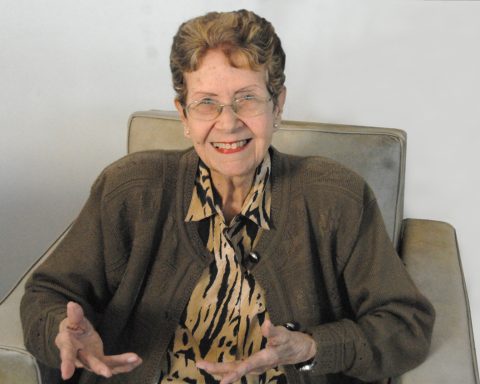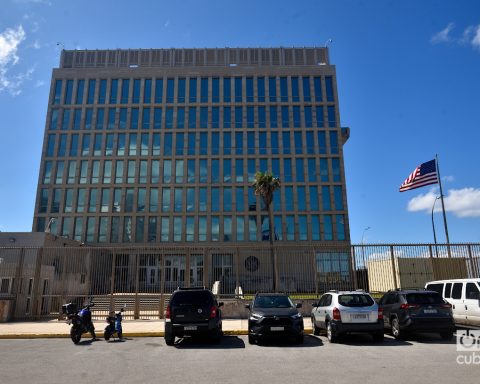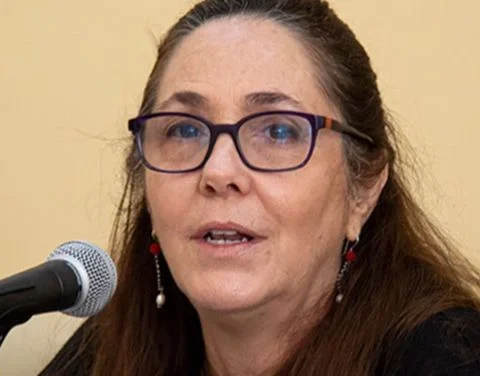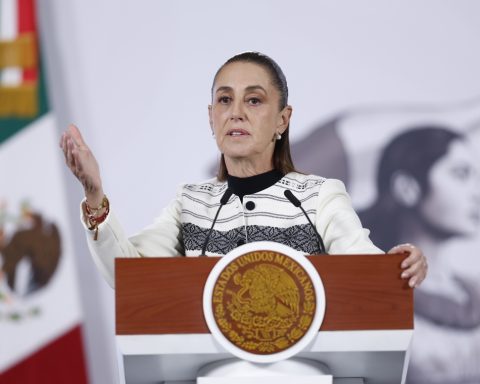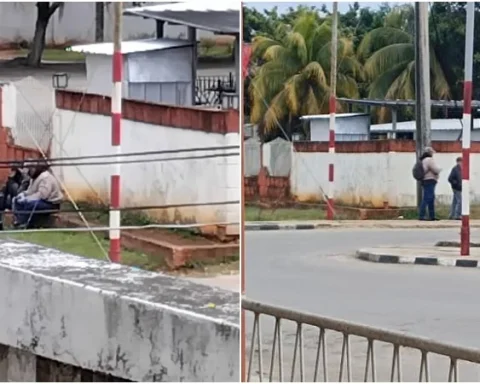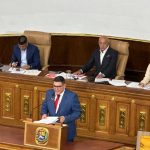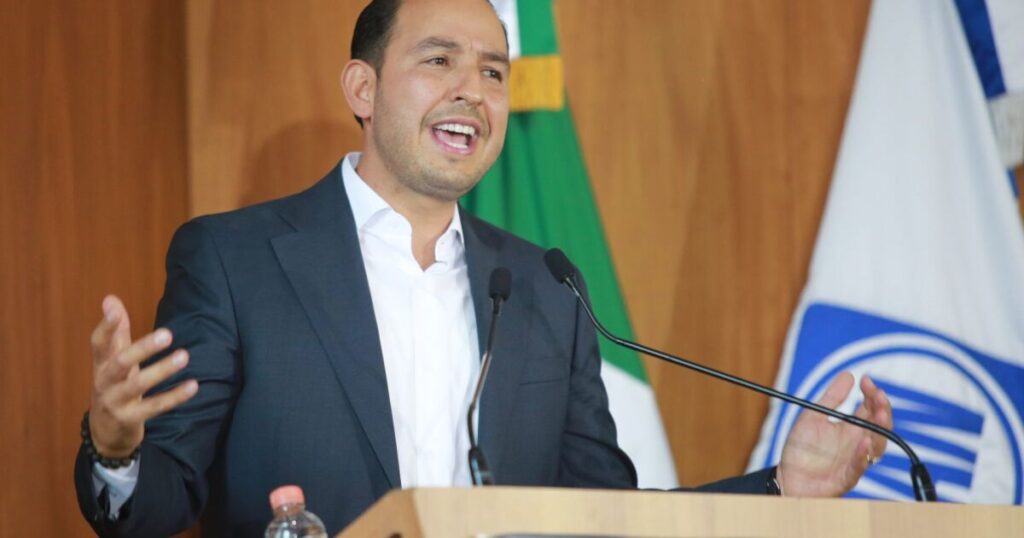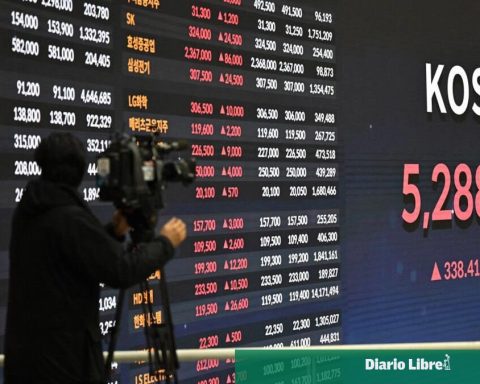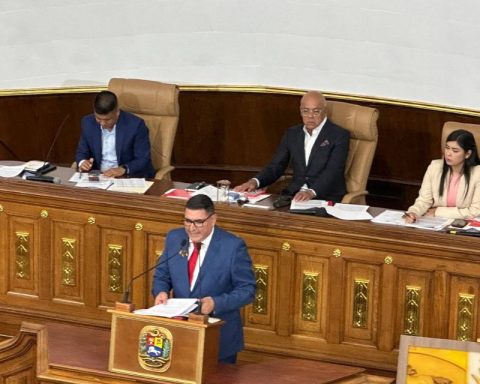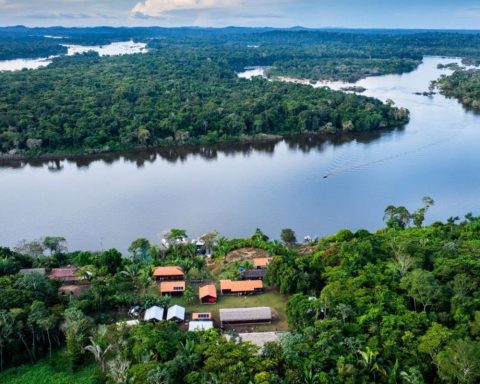HARRISONBURG, United States. — For several weeks, the affirmation that Cuba is a failed state has been circulating on social networks. Together with that evil so deeply rooted among us Cubans, which is the desire for protagonism, there have been claims of paternity for the idea.
It amazes me how some can attribute presumed overtones of originality to what is so obvious, because Cuba has been a failed state for more than sixty years, although the weakness of that structure has become more visible in the current circumstances.
A State begins to fail when it is incapable of creating an institutional framework that makes possible, or at least credible, the possibilities of political, social, economic and legal equality for all citizens. That is the great chimera of humanity. Ironically, the communists are the ones who have reduced those yearnings the most.
The only thing in which the Cuban State continues to function perfectly is in the repression of all dissent, in allowing those in power to continue depleting the coffers of the people and in being respectful of persons in terms of the application of the law.
Contrary to what the ideologues of Castroism affirm, the possibilities of having a decent life, built on the basis of work, continue to be much greater in the countries where “savage capitalism” predominates than in the so-called socialist countries.
If before 1959 many Cubans lacked access to basic services, today we can affirm that this situation affects the absolute majority of the population, something that says a lot about Cuba’s economic and social setback.
Using history prior to 1959 as a point of reference to compare it with Castroism has been one of the most used rhetorical pillars by the dictatorship and continues to be, as if no more than sixty-three years had passed. During this period, several countries in Asia and America, much more backward than Cuba in 1959, have achieved remarkable economic development. Today our country is among the poorest in the world.
With the collapse of the Soviet Union and after three decades of successes that were not the consequence of real economic development, but rather the result of Soviet subsidies, the Latin American and Third World revolutionary showcase that Cuba was supposed to be tarnished notoriously. Then came the cracks and chips.
Fidel Castro created the phrase “special period in times of peace” not to use the word crisis, the same word he had used so often to criticize capitalist democracies. Others like “economic stagnation” and “inflation” we thought would never be used in Cuba. But reality is more stubborn than political euphemisms and from the 1990s the rapid deterioration of transport, public health, education, food and citizen security became evident, just to mention five significant aspects associated with a decent life .
Citizen security conceived as tranquility in public spaces was something that the regime boasted of to attract tourists. Today it subsists underpinned by a growing repression.
But citizen security also consists of being able to live with guarantees that our privacy, the use of our property and housing and the exercise of basic human rights will not be arbitrarily violated without legal consequences for the aggressors. That type of citizen security has never existed in Cuba since 1959 if the aggressor is someone who follows orders from those in power.
If to what we have exposed we add the lack of medicines, the housing problem —which Fidel Castro promised to solve in a few years as soon as the revolution triumphed—, the blackouts and, above all, an endless exodus that from 1990 to today surely exceeds the million Cubans, it is obvious that calling Cuba a “failed state” is not proof of intellectual brilliance, but rather a truism.
Despite the magnitude of the humanitarian crisis that the people are suffering today —exacerbated by coexisting with the COVID-19 pandemic and its economic consequences—, the UN continues without making a statement and the Cuban leaders —with Mr. Díaz Canel at the head— They refuse to recognize the use of that term to describe what is happening in the country.
In the midst of so much despair, there is no shortage of those who cry out for a humanitarian intervention to put an end to all these sufferings and remove from power those who have exercised it in an undemocratic way since 1959.
A friend living in Cuba confessed to me that he would rather take the risk of ending up dead as a result of a military intervention than continue living in such misery. I was deeply impacted by his words. Being a measured person, I was able to verify how the situation suffered by our people has ended up annihilating in many citizens any hope of change trusting in our forces.
The arrogance of the communists favors the gradual strengthening of that idea, although paradoxically they know very well the dangers that it entails for them. That is why they insist on counteracting it and denying that Cuba is a failed state. Meanwhile, they put into force new palliatives.
Recently, an act of “revolutionary reaffirmation” circulated on social networks in which a citizen stated that she preferred the blackouts and all the aforementioned shortcomings to a humanitarian intervention that could kill many innocent people. And he’s right, although she forgot something very important. I am referring to the lack of medicines, specialized doctors, ambulances, hospital logistics and adequate food, since the start of the COVID-19 pandemic to date tens of thousands of Cubans have died, surely many more than those who would die as a result of a foreign military intervention. The responsibility for these deaths lies solely and exclusively with the dictatorship. This is a silent genocide that is taking other lives right now.
And for the record, I am not in favor of any military intervention against my country. I am convinced that we Cubans have to find the solution to our problems.
OPINION ARTICLE
The opinions expressed in this article are the sole responsibility of the issuer and do not necessarily represent the opinion of CubaNet.
Receive information from CubaNet on your cell phone through WhatsApp. Send us a message with the word “CUBA” on the phone +1 (786) 316-2072, You can also subscribe to our electronic newsletter by giving click here.
